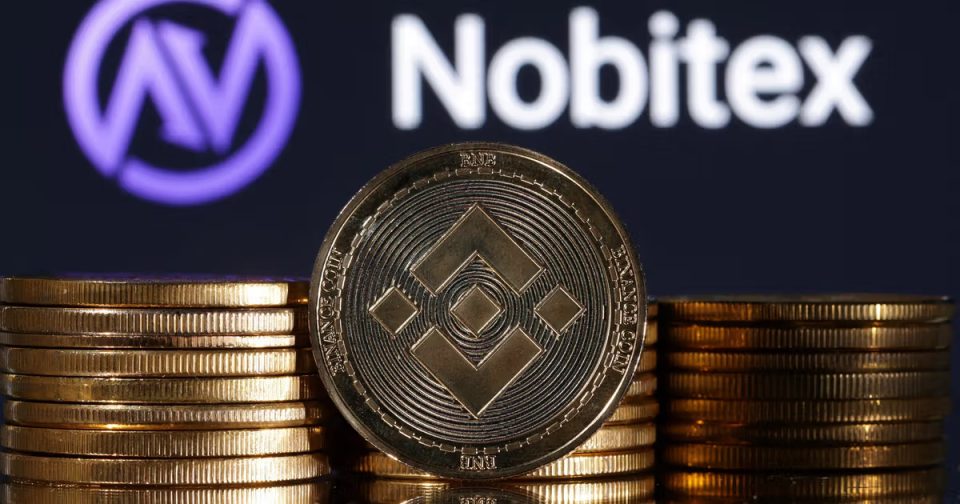Iran’s largest cryptocurrency exchange, Nobitex, has suffered a major security breach, with hackers draining more than $90 million from its wallets in a politically motivated cyberattack. The incident, which unfolded on Wednesday, has sent shockwaves through the region’s crypto and cybersecurity communities, raising fresh questions about the intersection of digital assets, geopolitics, and cybercrime.
According to blockchain analytics firm Elliptic, the stolen funds were transferred from Nobitex’s platform wallets into addresses that included anti-government messages. These messages directly referenced Iran’s Islamic Revolutionary Guard Corps (IRGC), suggesting that the hack was not just about financial gain but also about sending a political statement. The group claiming responsibility, “Predatory Sparrow,” has a history of targeting Iranian state entities and said it also breached Iran’s state-owned Bank Sepah earlier this week.
What makes this attack particularly unusual is what happened next. The hackers reportedly sent the stolen cryptocurrency to so-called “vanity addresses”, wallets with custom, recognizable patterns in their addresses. Elliptic’s analysis suggests that these vanity addresses are likely inaccessible to anyone, including the hackers themselves, effectively destroying the funds and making recovery impossible. In practical terms, this means over $90 million in digital assets has been deliberately rendered unusable.
Elliptic’s investigation has also linked Nobitex to wallets associated with sanctioned ransomware operatives and groups such as Hamas, Palestinian Islamic Jihad, and the Houthis. These connections, while not directly tied to the hack itself, add another layer of complexity to the story. They highlight the ongoing challenges regulators and law enforcement face in tracking illicit crypto flows, especially when exchanges operate in jurisdictions with limited oversight or are themselves targets of international sanctions.
The Nobitex breach is one of the largest crypto exchange hacks in the Middle East and comes at a time when Iran’s digital asset market is under increased scrutiny. The country’s economic isolation has led to a surge in crypto adoption, both as a hedge against inflation and as a tool to bypass international sanctions. However, this environment has also made Iranian exchanges attractive targets for hackers, whether motivated by profit, politics, or both.
The fact that the hackers chose to destroy the funds rather than launder them through mixers or other exchanges is a stark departure from the typical playbook of financially motivated cybercriminals. It underscores the evolving nature of cyberattacks, where the goal may be disruption and protest rather than enrichment.
Nobitex now faces the difficult task of regaining user trust and shoring up its security protocols. The exchange has not yet released a detailed public statement about the breach or its plans for compensating affected users.
For the broader crypto industry, the Nobitex hack is a reminder that digital asset platforms remain vulnerable to both technical exploits and politically motivated attacks. It also highlights the importance of robust security practices, transparency, and regulatory compliance, issues that are likely to receive even more attention in the wake of this incident.

